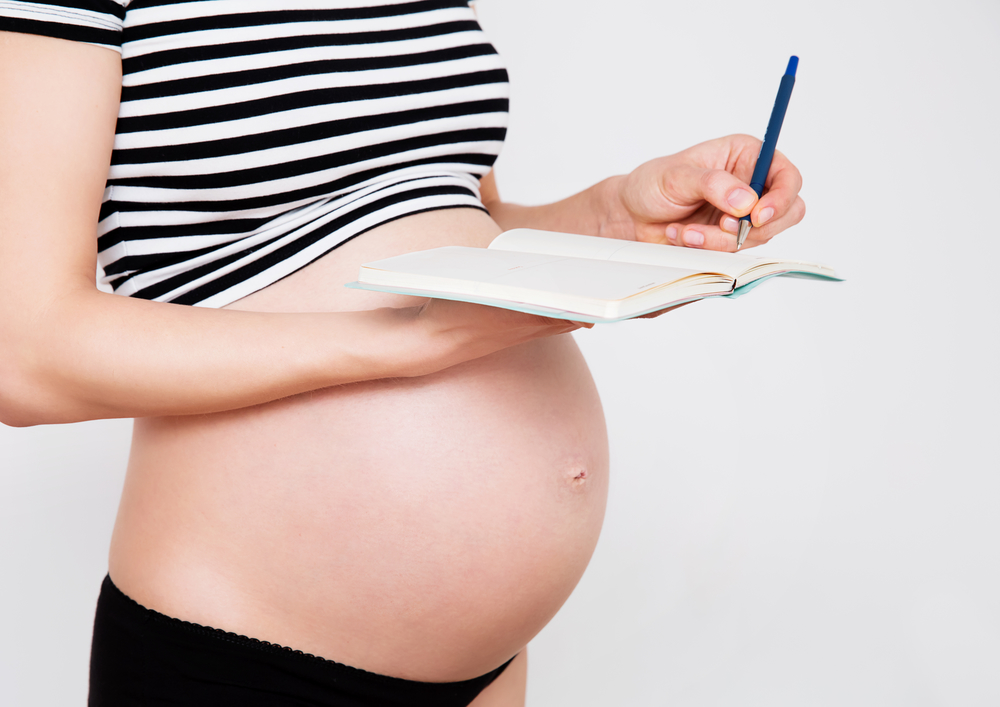You have a new baby and everyone wants to know how is sleep going. Some parents are going to be thrilled to answer with “he’s the best sleeper, and so easy…we are so blessed, while others avoid answering altogether.
What we know and expect with newborns is that sleep across 24 hours is irregular and in short cycles, and babies need time for their sleep biology to regulate. Some newborns can spend up to 80% of their time asleep and others struggle to get an hour or so with constant waking and resettling occurring throughout the day or night.
How much sleep does my baby need?
Parents often ask how much sleep should my baby get. The National Sleep Foundation recommends 14-17 hours in the first 3 months but some babies will get by on a few hours less or a couple more.
What makes babies sleep differently from others when they are the same age?
Although infant sleep is influenced by intrinsic (internal) factors like their level of maturation, and developmental stages, extrinsic (external) factors like parent characteristics, beliefs, culture and living situations, and habits, hugely influence sleep, parents can influence better or worse sleep outcomes.
Helping your baby to learn good sleep.
Help your baby learn to sleep by providing consistent cues that help form sleep associations. This includes sleeping in the same cot or bed at every sleep time and introducing a regular and consistent approach to sleep time preparation that becomes part of the bedtime routine.
Routines are best kept short and setting a time limit of 20-30 minutes can help to avoid overtiredness, as a tired cranky baby takes longer to settle and relax. Sleep associations that can help like music are proven to have many neurological benefits for baby and parent and provide added benefits that aid relaxation and development of emotional regulation.
It’s important that you don’t overheat your baby and introduce a dark room and calm environment as these factors influence the ability to fall and stay asleep.
New research by leaders in the field of infant sleep describes infant sleep changing within the first 2-3 months where parents that are very responsive to their baby’s cry help return the baby to sleep faster but after this time babies become dependent on parental response and fail to develop emotional regulation and the ability to learn how to self settle. Now that we have quantitive data that shows how baby sleep changes, parents can implement strategies that give their baby the opportunity to learn how to fall asleep. This isn’t about leaving them to cry for prolonged periods but is about stepping back and being slower to respond while still within the realm of attachment parenting.
When does sleep become a problem?

From a clinical perspective, any age including infants, can meet the diagnostic criteria for insomnia. We know that by the time your baby has reached six months, their sleep mechanisms or biology are fully developed biology for sleep, and if your baby is having problems, it will likely be said that they just aren’t ready yet.
However, advice that comes from well-meaning but incorrect information can prolong sleep intervention and add to poorer health outcomes for families navigating their infant’s sleep journey. The best evidence-based research is repeated and reviewed over and over again, as this highlights strong evidence for or against the data. What has a lot of evidence is that poor sleep affects mental and physical health. Regardless of whether your baby has reached 6.
months or not, if you are not coping or believe your baby is getting insufficient quality or quantity, that’s when sleep becomes a problem. Seek professional help, preferably with a practitioner who can advise, diagnose and treat insomnia infant insomnia.
Sleep deprivation and safety
As we near the silly season and you head off with your new baby for the summer holidays and festivities, safe travel is crucial. Driving fatigued is always a risk but is often dismissed.
New research has revealed that mothers with infants with insomnia are at a higher risk for motor vehicle accidents. Infant insomnia is common and affects 15-30% of infants that suffer from persistent sleep problems, including difficulty falling asleep, frequent waking, prolonged waking overnight, and dependence on external regulation – often involving the parent or caregiver. The study, by Michal Kahn et al., titled “Sleepless on the road: Are mothers of infants with insomnia at risk for impaired driving?” used measurable data like driver simulation and subjective assessment, revealing tired mums risked driver impairment, more lane deviation, and increased risk for speeding, all of which contribute to higher risks for motor accidents.
Helping your baby travel well
It’s often thought that feeding is the last thing that should happen before you load up the car and leave, only to find that after a few kilometres, your baby becomes distressed and won’t stop crying. As crying escalates it adds to driver distraction and stress and you don’t need that.
Try feeding your baby and allowing them some time to digest their feed before you set off. This way their small tummy is less distended and they can tolerate the confines of their travel seat for longer. If you are using sleep music, now is the time to play it as they associate it with settling and sleep and a sleeping baby always makes car travel a much better and safer experience.
If traveling sleep-deprived is on the agenda keep your plans as flexible as possible to avoid added stress. Take your time, share the driving and if you feel drowsy pull over, and if safe to do so get out of the car and take a short brisk walk. Make sure you are well-hydrated with plenty of water and have frequent rest stops.
Welcome to your new baby and remember it takes a village to raise a child so never be afraid or embarrassed about reaching out for help.






